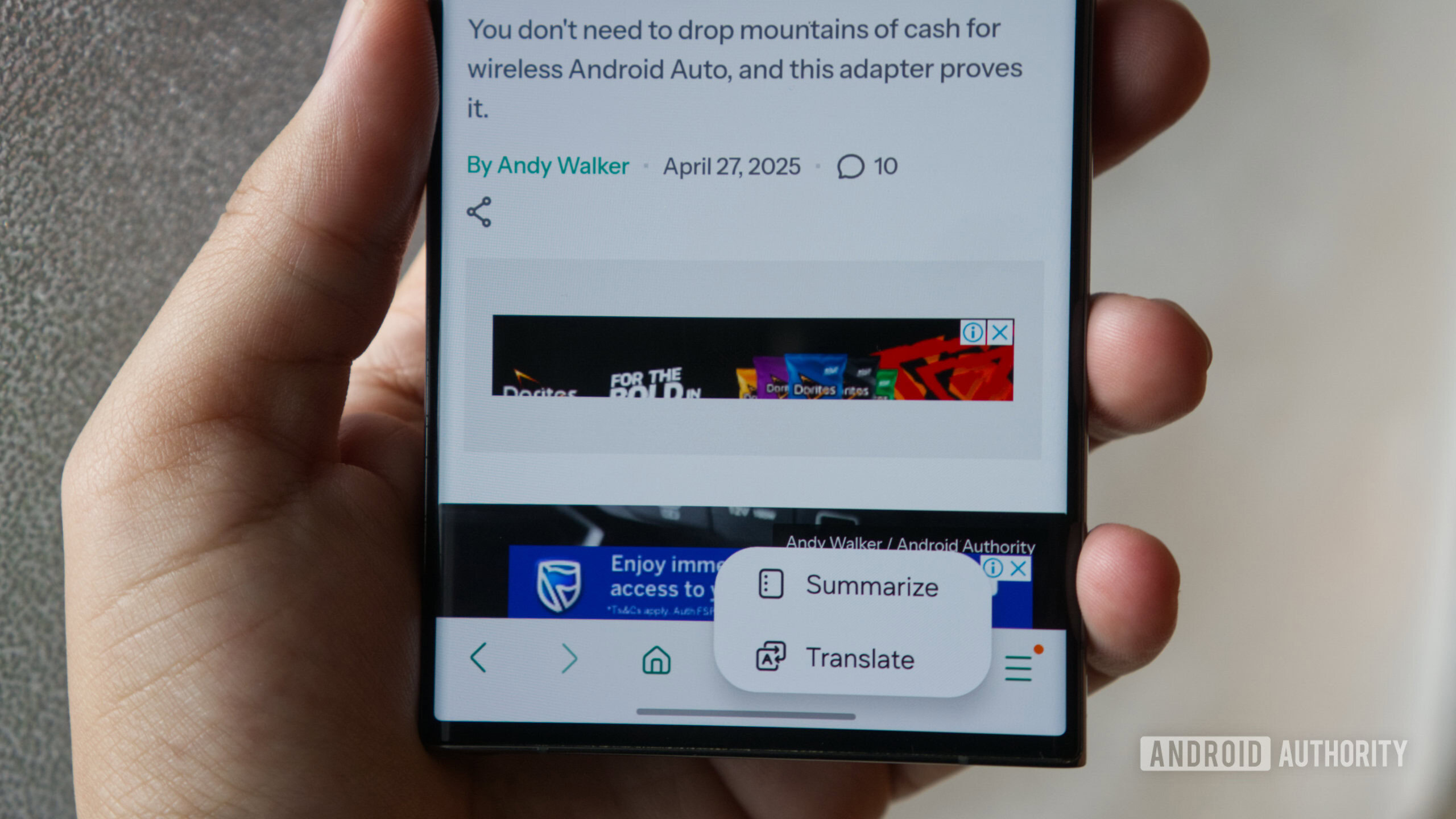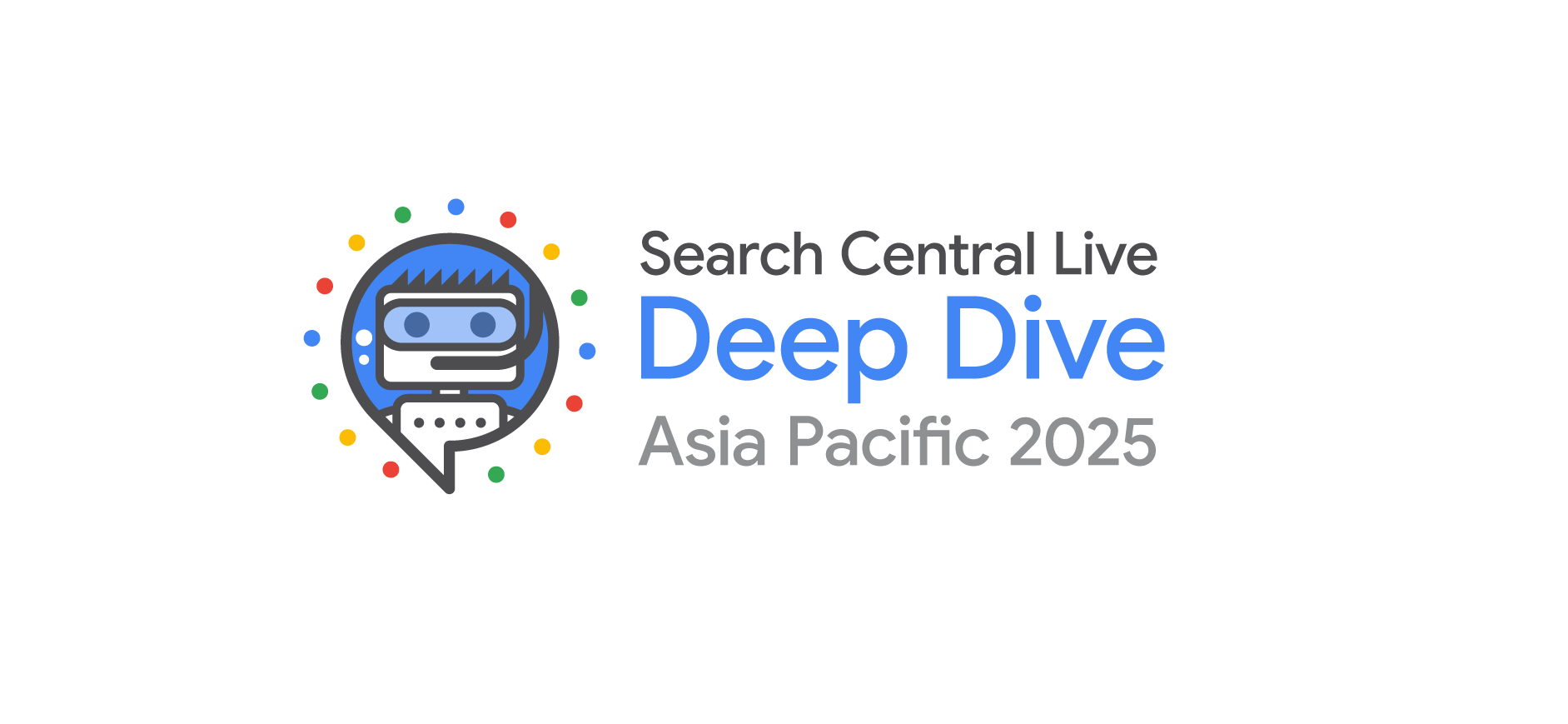Yahoo Eyes Chrome in Antitrust Trial Amid Browser Development Efforts

In a significant development during the ongoing antitrust trial regarding Googles alleged search monopoly, Yahoo, a historic player in the online search landscape, has revealed its ambitions to acquire Googles Chrome web browser. This revelation surfaced on the fourth day of the Justice Departments remedies trial, which aims to address the competitive imbalances created by Googles dominance in the search engine market.
The Justice Department has put forth various proposals to Judge Amit Mehta, one of which includes the drastic measure of requiring Google to divest its Chrome browser. The DOJ argues that Chrome serves as a crucial distribution channel for Googles widely used search engine, which has amassed an overwhelming share of the market, making it increasingly difficult for competitors to gain traction.
Yahoo isnt alone in expressing interest in acquiring Chrome. During the trial, executives from other tech companies also voiced their desire to buy the browser. Notably, DuckDuckGos CEO acknowledged the financial hurdles that make such an acquisition unfeasible for their company. Meanwhile, representatives from Perplexity and OpenAI also indicated their interest in the popular browser, further underscoring the high stakes and competitive nature of the current digital landscape.
Yahoo appears to recognize the critical role a web browser plays in the search ecosystem. Brian Provost, Yahoo Searchs General Manager, testified about the significance of browsers in handling search queries. He revealed that approximately 60% of all search inquiries are conducted through web browsers, with many users opting to search directly from the address bar instead of visiting search engines' homepages.
To adapt to the evolving digital environment, Yahoo has been proactively developing its own web browser prototype for the past several months. Provost noted that since last summer, the company has been engaged in this internal development to understand the necessary features and functionalities to successfully launch a competitive browser in the market.
In addition to its browser development efforts, Yahoo is also pursuing discussions with other companies regarding the potential acquisition of an existing browser, though Provost did not disclose specific names of the companies involved in these talks.
Regarding the timeline for Yahoos browser development, Provost estimated that it would take approximately six to nine months to bring a prototype to fruition. However, acquiring Chrome could provide a more immediate solution to enhance Yahoos market presence. Provost referred to Chrome as arguably the most important strategic player on the web, highlighting its pivotal position in the industry.
If Yahoo were successful in acquiring Chrome, Provost projected that the companys search market share could escalate from its current 3 percent to potentially double digits, marking a significant leap in its competitive standing. He did caution that such a deal would likely entail costs in the tens of billions of dollars, but expressed confidence in Yahoos ability to secure necessary funding, given its ownership by Apollo Global Management.
Interestingly, Apollo Global Management owns a browser brand, NetScape, which was once central to a different antitrust case, though Provost clarified that he doesnt view it as an active competitor in the browser market today. This historical context adds another layer to the ongoing discussions surrounding competition and market dynamics in the tech industry.























